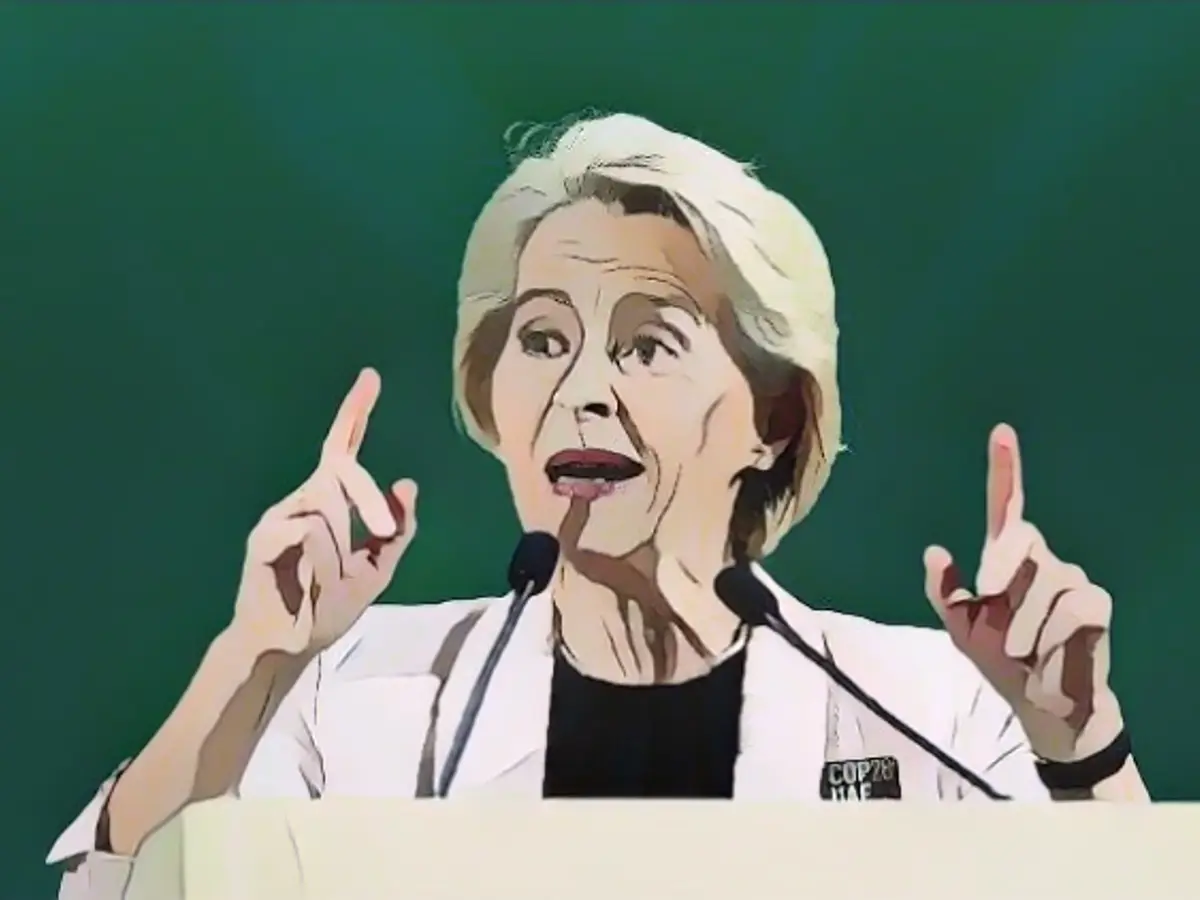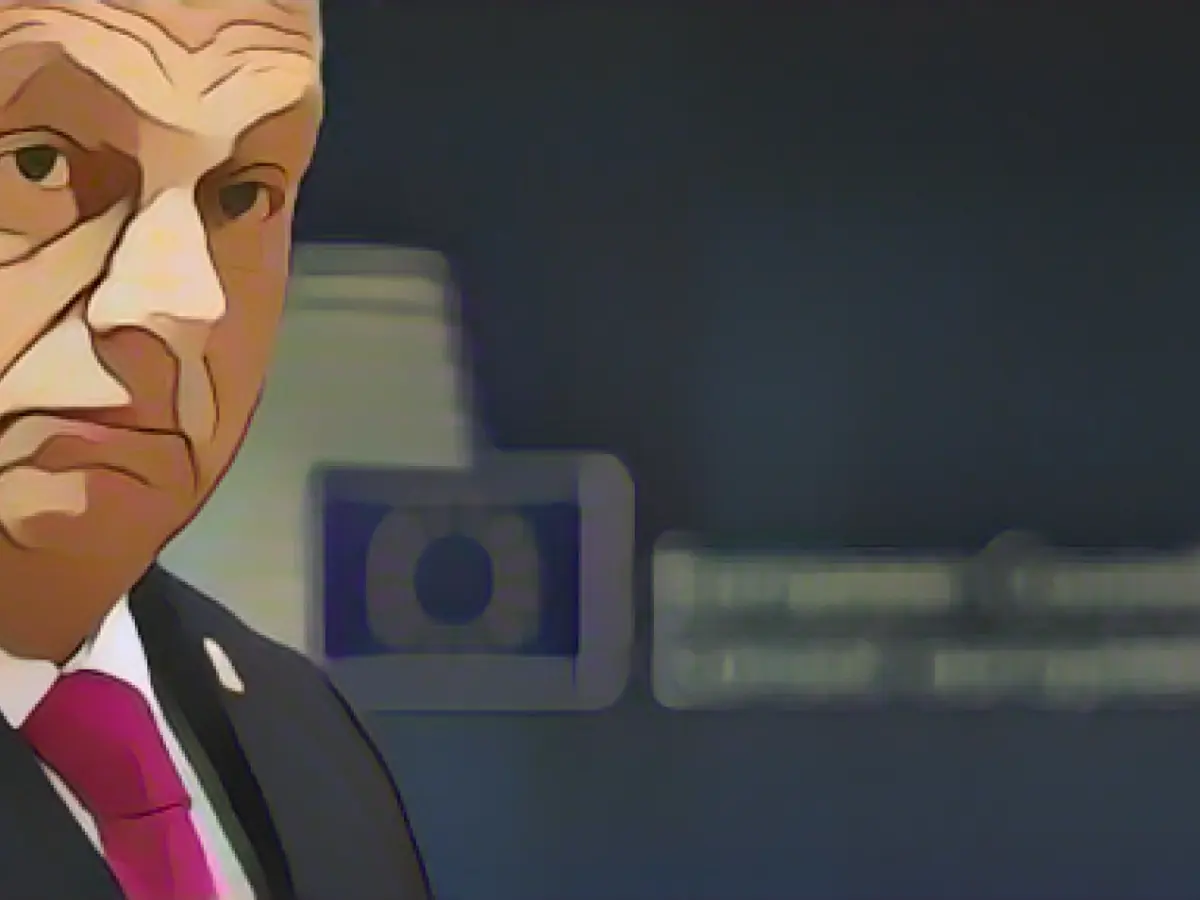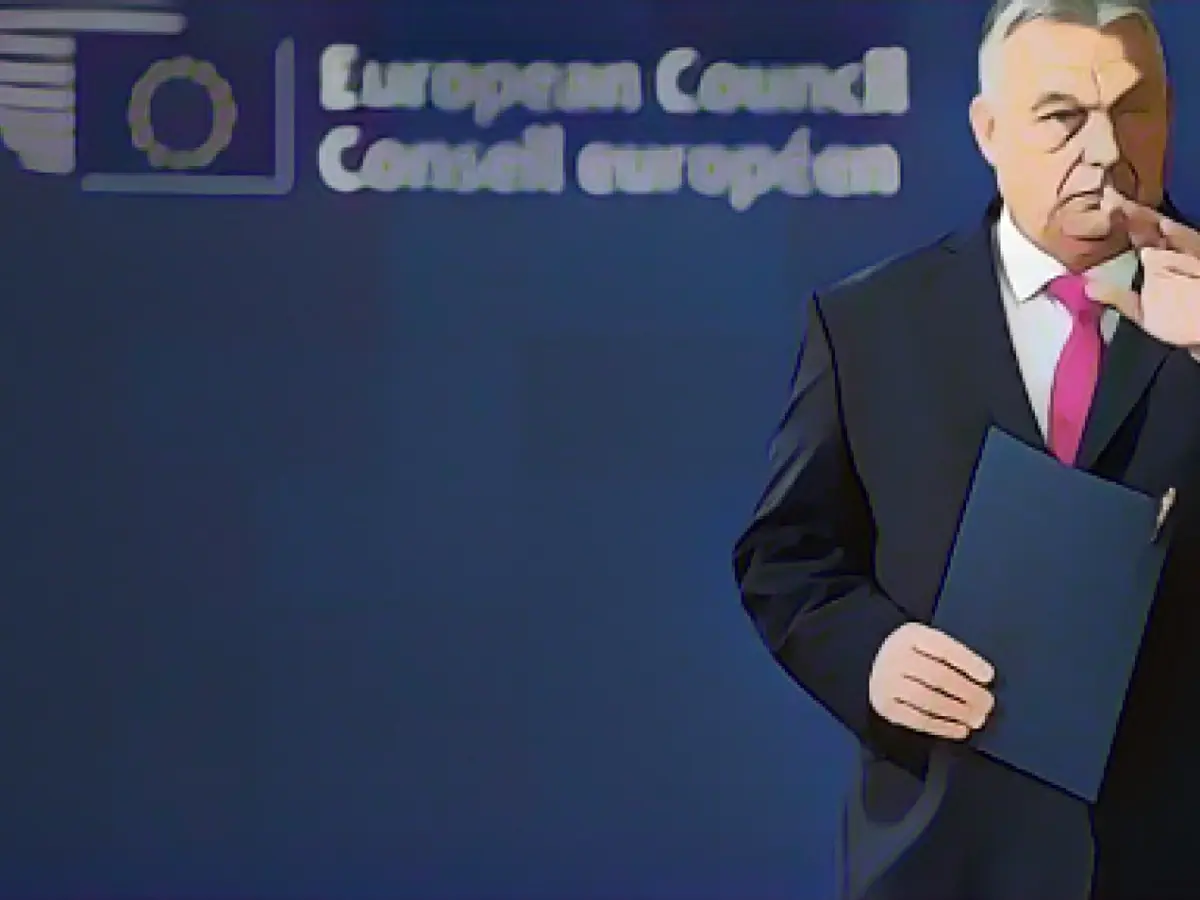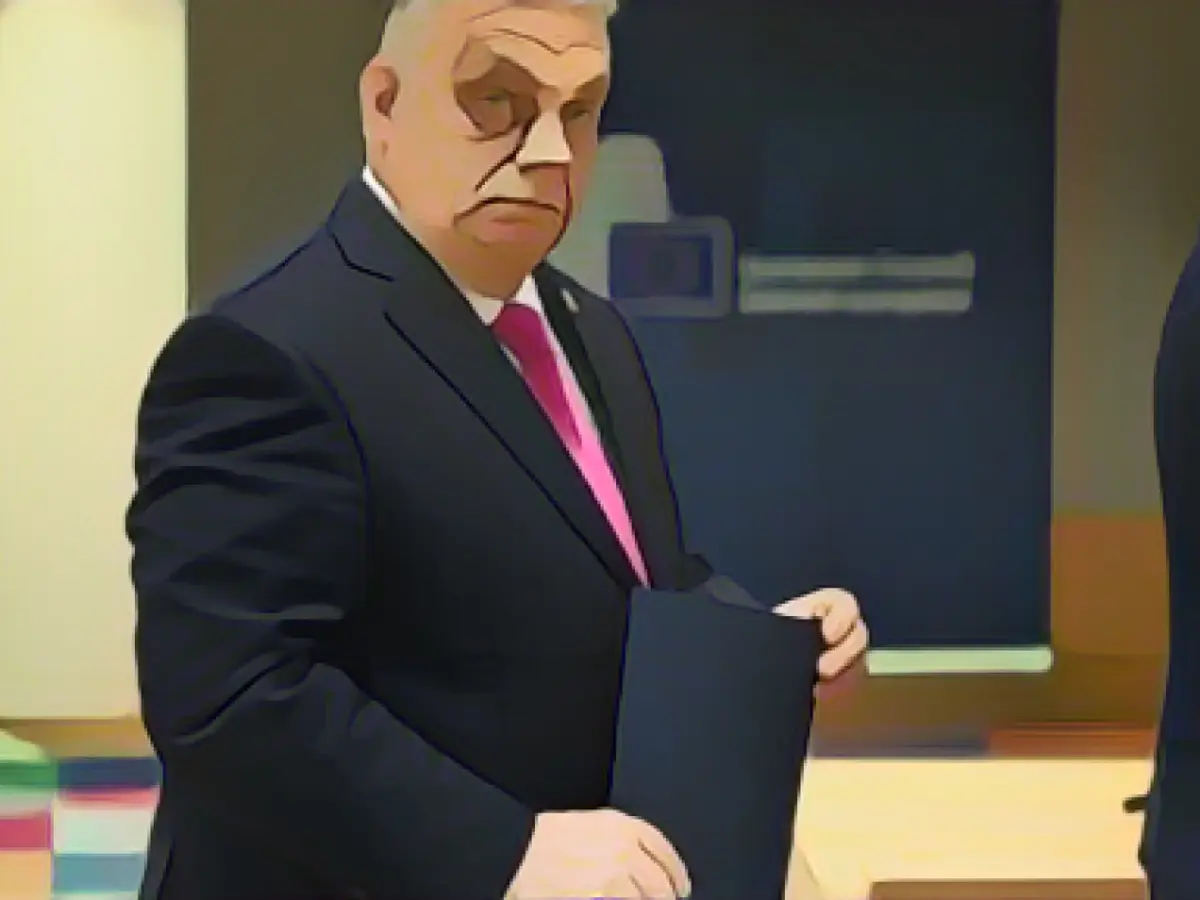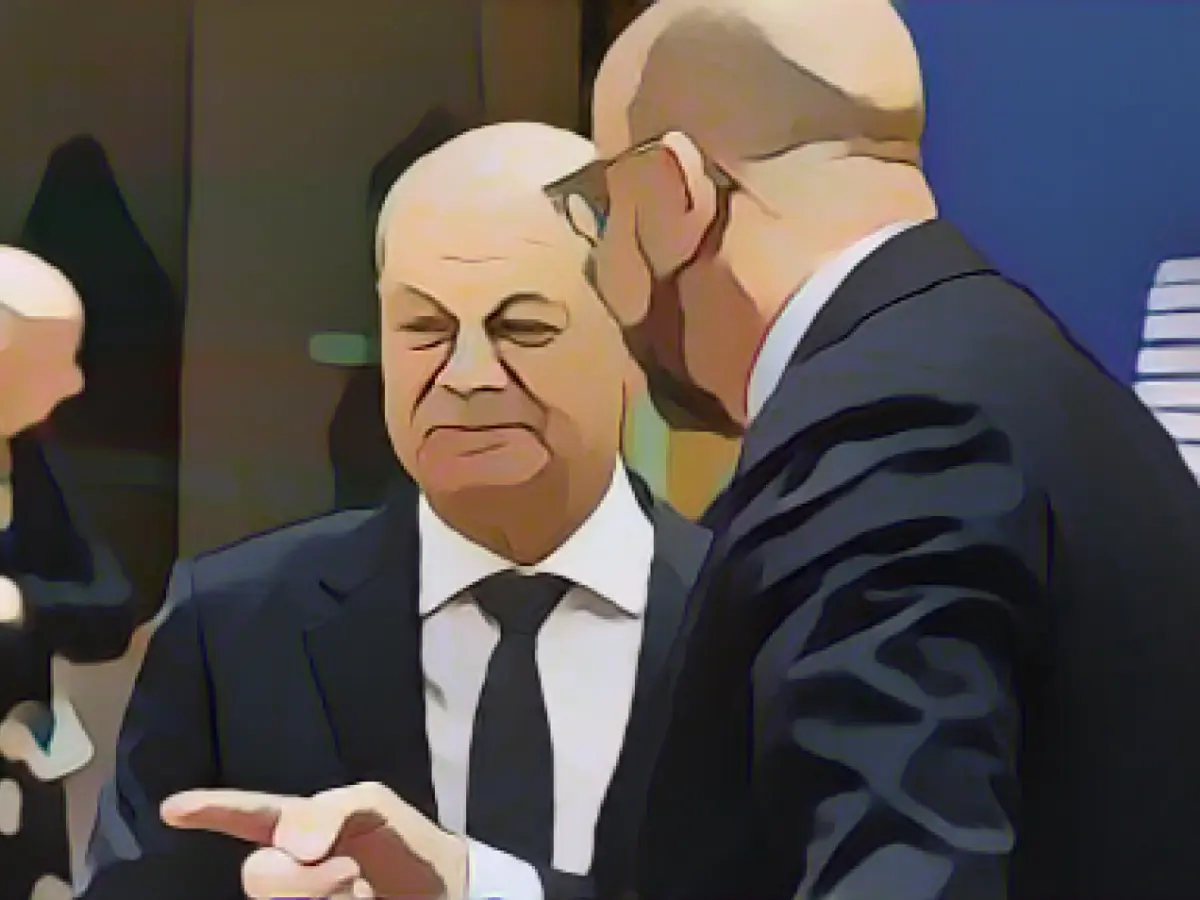Updating Europe's Stand on China Trade Relations
In an informal yet firm tone, EU Commission President Ursula von der Leyen has delivered a clear message to China ahead of the EU-China summit: compromise is essential in addressing trade disagreements. She emphasized that the European Union will not tolerate an imbalance in long-term trade relations between these two significant economic powers.
On the eve of the summit, von der Leyen highlighted the current troubling trade relations imbalance - the EU exports less than half as much to China as China sends to the European market. This trade gap has more than doubled in the last two years, now amounting to almost 400 billion euros. She feels that for China's benefit, some decisions should be made in coordination with the Europeans during the summit.
Actions Taken by the EU
In September, von der Leyen announced an investigation into Chinese subsidies for electric cars. She accused Beijing of artificially inflating the global market with cheap electric vehicles, hence violating fair competition rules. The EU Commission President reiterated that this investigation would take time, yet China could still expect punitive tariffs.
In anticipation of retaliatory measures, a high-ranking EU official warned that China might target politically sensitive sectors if it wishes to retaliate. In 2013, the EU faced punitive tariffs on Chinese solar modules, and Beijing threatened sanctions against European wine in response.
EU's Fears and Concerns
The German Industrial Confederation, DIHK, voiced anxieties about escalating trade conflicts or engaging in a subsidy race with China. Instead, the organization encouraged opening new market opportunities in sectors like renewable energies and services by removing trade barriers. However, it acknowledged that the EU must also defend itself when faced with market distortions.
Recently, China imposed entry bans and other restrictions on EU politicians as a reaction to EU sanctions on the oppression of the Muslim Uyghur minority. Von der Leyen and EU Council President Charles Michel are scheduled to meet with Chinese President Xi Jinping and Head of Government Li Qiang, marking the first face-to-face interaction since 2019.
During their visit, von der Leyen and Michel will raise key concerns, including China's human rights record, environmental violations, and the potential supply of war-ready products to Russia. If these issues are not addressed, Chinese companies could find themselves on the EU sanctions list for the very first time, according to diplomats. As a precaution, the EU has already slapped sanctions on three Russian firms based in Hong Kong.
References:
Additional insights uncovered during the enrichment process:
- The EU has ongoing concerns about China's extensive involvement in global geopolitics, including its alleged support for Russia and the transfer of dual-use materials to Russia's defense sector.
- The EU is enhancing regulatory oversight over Chinese firms, such as e-commerce platforms, and is investigating concerns regarding product safety, market distortions, and state subsidies.
Enriching the Base Article:
The enrichment data reveals that the EU-China trade tension has deep roots in issues beyond tariffs and market barriers. These disputes encompass geopolitics, human rights concerns, and allegations of providing war-ready products to Russia. This enrichment data provides a fully rounded understanding of the underlying context, making the information more nuanced and informative.
